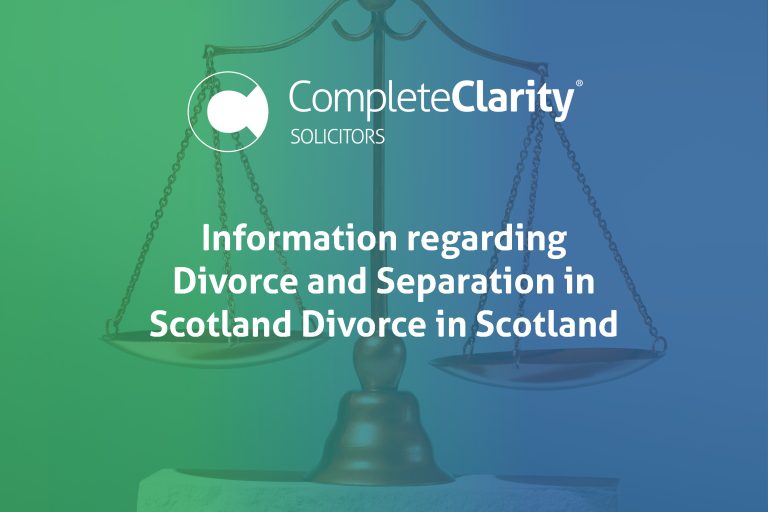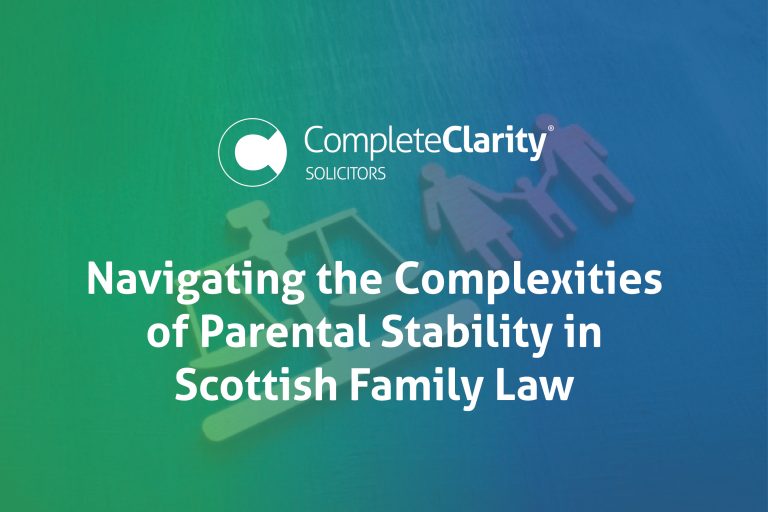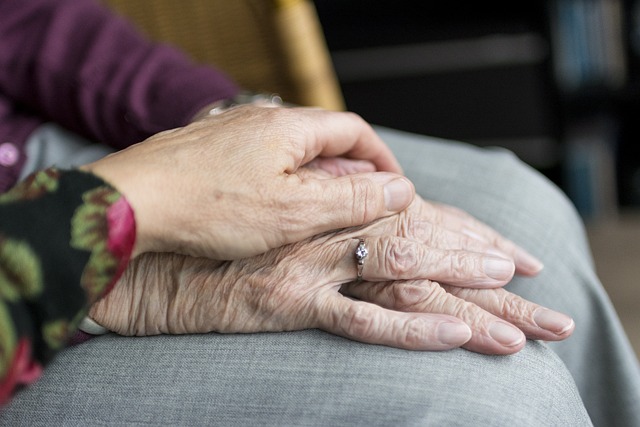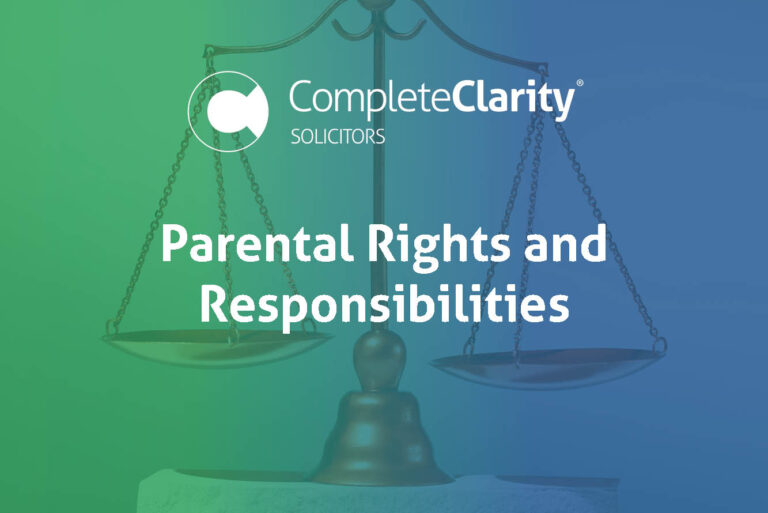One in ten cohabiting couples mistakenly believed that they would automatically be entitled to inherit their partner’s share of any property that they lived in together, according to recent research by the insurance company Direct Line, which found that 38% of cohabiting couples in the UK were unsure of what their rights would be should their partner pass away without leaving a will.
This is not the case, though. Only if it is specified in the deceased partner’s will, will the surviving partner get an inheritance. Some people who are already grieving the loss of a loved one, often after many years of living together, and are dealing with this situation may find it to be an incredibly unpleasant surprise. Read on to know more about the rights of unmarried couples.
Why do unmarried couples need a will?
This is a significant issue because there are significantly fewer single persons in the UK with wills than there are married people. In the UK, more than half of married residents have drafted a will, compared to only 26%, or little over a quarter, of unmarried residents who share a residence with a partner.
This is not only a significant issue; it is also one that is expanding. The number of cohabiting couples in the UK was 1.45 million in 1996, but 20 years later, in 2016, that figure has risen to 3.3 million, and it is anticipated to keep rising. Notwithstanding this pattern, the law has lagged behind and is still very much in need of improvement.
Why then do so few cohabiting couples create a will in light of this?
The widely believed (but false) notion that the terms “common law husband,” “common law wife,” “common law spouse,” or “common law marriage” have legal standing and will be sufficient to protect their inheritance should their partner pass away is undoubtedly a fundamental component of the issue. Regrettably, that is not and never has been the case for unmarried couples. If a person dies and they have a partner who they are not married to, then under the law, that partner has no right to inherit anything unless the partner who has died away has left a will. Being in a so-called “common law” partnership will not give couples any legal protection whatsoever.
What does this actually mean, then?
Well, jointly held assets often pass to the surviving partner. Therefore, for instance, if a pair is not married and they have a joint bank account, even if one spouse passes away, the other partner can still access the funds in the account. They should be informed, nevertheless, that a portion of the funds in the account might be considered part of the estate of the dead partner. Again, if the property is legitimately owned as joint tenants (as opposed to tenants in common), it should pass to the partner through survivorship.
What happens if a cohabiting partner dies without a will?
Leaving this aside, the “laws of intestacy” apply, as they do whenever anybody passes away without leaving a will. In essence, this means that the surviving partner, who may have shared a home with the deceased for the past 50 years, receives nothing and that the relatives of the person who has passed away will be the beneficiaries of their estate (even if they were on bad terms, hadn’t seen each other in years, or didn’t even know each other).
The Inheritance Act of 1975 (or the Inheritance (Provision for Family and Dependants) Act of 1975, to give it’s full name) is the only option that is then left open to the surviving partner. If the surviving partner is someone for whom the decedent may have reasonably been expected to make a bequest in their will, then this would provide them the right to file a claim.
This can be employed if the deceased partner did not leave a will or if one was left but did not adequately provide for someone. However, for it to be applicable, they had to have been supported entirely or in part by the deceased before to their passing, or they had to have shared a residence with the deceased as a husband, wife, or civil partner for at least two years prior to the latter’s passing. This would include formally asking the court for an Order that makes a reasonable provision for the surviving spouse, which would call for the assistance of attorneys who specialise in inheritance issues. Many surviving spouses don’t want to go through with this operation because it can be difficult and drawn out, especially so soon after losing a loved one. The cohabiting partner would not be exempt from Inheritance Tax in the same way that spouses are, which only adds salt to the wounds even if the court application is successful.
Know your legal rights
The lesson learned here must be that if you are dating but not married, you need to make arrangements so that your significant other will inherit in the event of your passing, and vice versa. At the very least, this entails creating a will together, and it might also need taking more steps. Contact our specialist family lawyers today to know more.
- Exploring Shared Child Custody in Scotland: Is a Father Entitled to 50/50 Custody?- Child Arrangements
- At what age can a child choose which parent to live with in Scotland?
- What is a c100 form family law Scotland – Solicitor
- Prioritising the Welfare of Children Scotland solicitor
- Prenuptial agreements are essential for safeguarding your assets during a divorce in Scotland
- What to expect during the initial phase of the divorce process Inspiration to rewrite Solicitor Scotland
- A child’s right to residence and contact – Child Law Solicitor
- Everything you need to know about surrogacy arrangements in Scotland
- Can a parent leave everything to one child in Scotland? understanding Scottish inheritance laws
- Demystifying divorce and dissolution Solicitor Scotland










